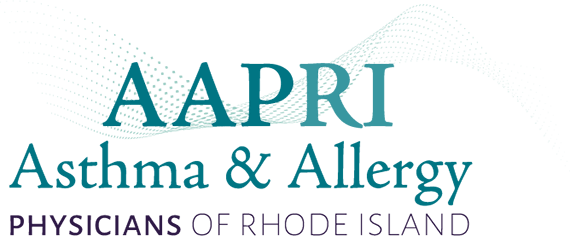The FDA has recently approved two multiple sublingual (under the tongue) allergen tablets as immunotherapy for pollen allergies.
Oralair was the first tablet approved to treat patients with allergic rhinitis (hay fever) with or without allergic conjunctivitis (eye allergies) to grass pollen. It is approved for patients aged 10 to 65 and should be implemented 4 months prior to grass season.
Soon after, Merck announced the availability of Grastek, their sublingual tablet for grass pollen allergies in patients aged 5 to 65, which should be started 12 weeks before the grass season. Here at AAPRI, we were involved in the Grastek trial.
The FDA also approved Merck’s Ragwitek, a sublingual tablet to treat short ragweed pollen-induced allergies for patients aged 18 to 65. Ragwitek should be implemented 12 weeks prior to ragweed allergen season.
However, these allergy tablets only treat the single allergen which it contains: hay fever, grass, or ragweed. If you have multiple allergies or suffer from tree pollen, cats, molds, or weeds that are not ragweed, these tablets will not help. You would need to take several different tablets to treat all symptoms if they were available.
How do these compare to our “allergy drops”? Oralair and Merck studies claim a 25–26% reduction in symptoms with their tablets. We can only compare these to our preseasonal grass treatments.
- We use the same FDA approved allergen extracts and our patients seem to note a “significant” improvement in their symptoms which is likely more than a 25% reduction.
- We also combine more than one allergen in our drops and even our preseasonal allergy treatment for pollens includes mixes.
- A large portion of our preseasonal treatments are for tree pollen allergies, which these new tablets will not treat.
- Our drops may also be less costly if deductibles need to be met or if the prescription tablets require a high co-pay.
- Lastly, our pretreatment period is 4 to 8 weeks shorter than the prescription tablets.
What this does say is that sublingual immunotherapy is the future. It is a more convenient method with a better safety profile, and allows for modification of allergies instead of always relying on medication. At AAPRI, we try to stay at the forefront of bringing you these new treatments. (The next phase of testing will be for dust mites, and we are currently involved in dust mite tablet trials.) Contact us with any questions. We are happy to discuss these new products and review our sublingual immunotherapy as well.

